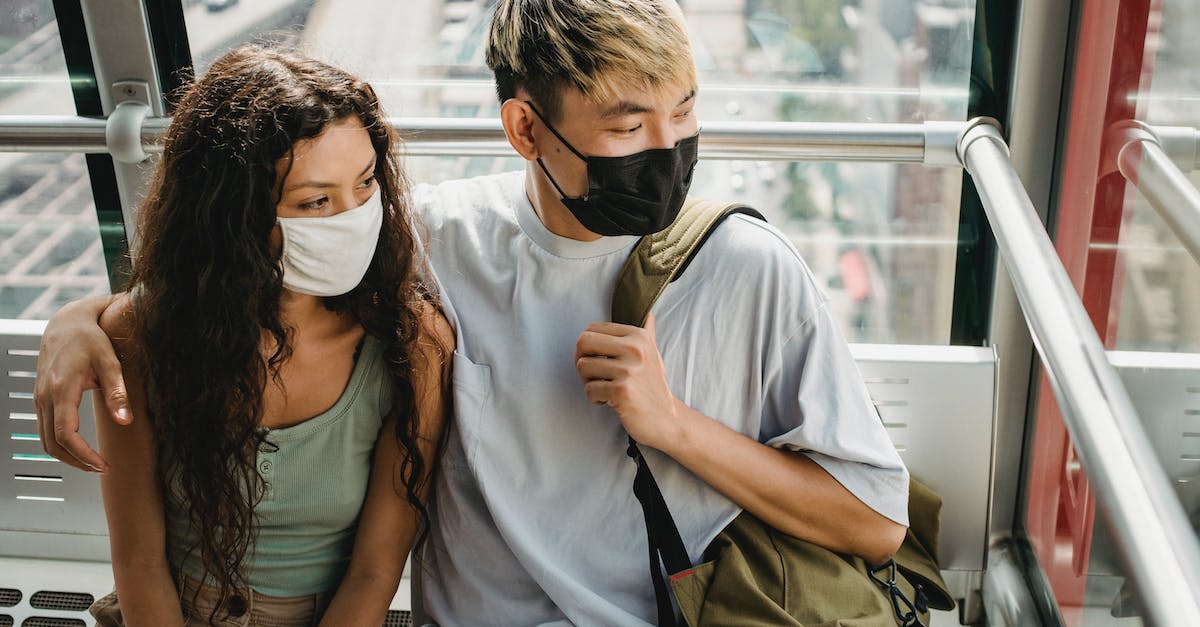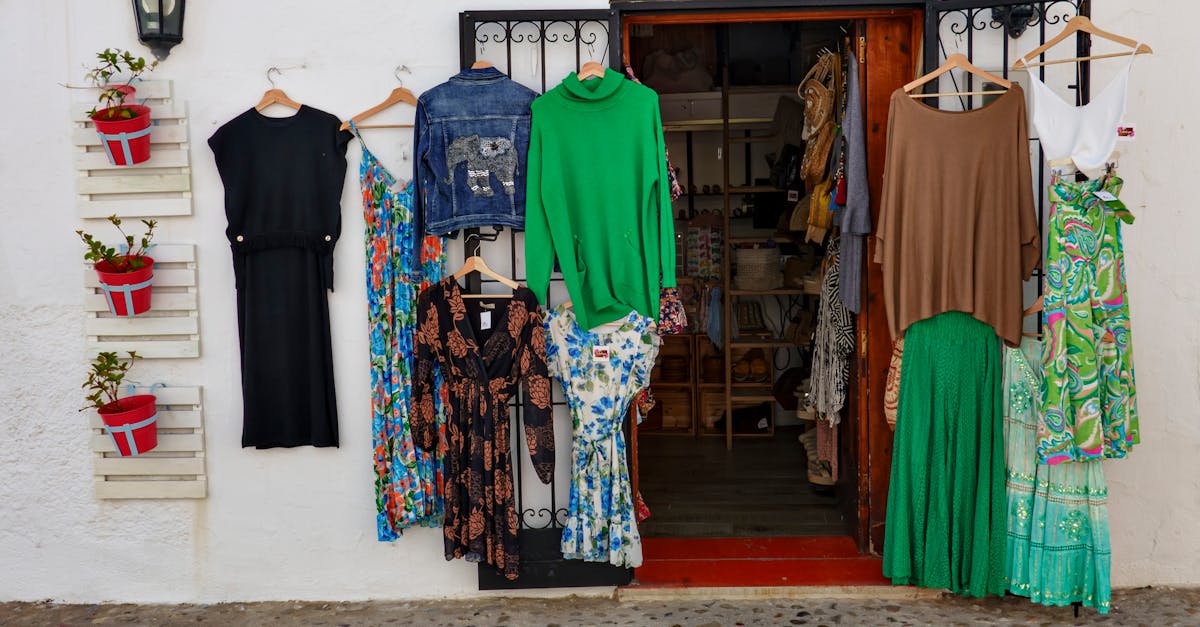An Overview of Historic Preservation and Its Role in Preserving the Fabric of Life

It is often the case that history books offer a more in-depth focus on an “expert” version of an event than a personal narrative. However, both accounts should be taken into consideration when understanding an event’s significance within history. As such, two professors from the University of the Virgin Islands have undertaken a mission to ensure a greater balance between the two types of narratives.
Thalassa Tonks and Molly Perry, who teach English on the St. Croix campus and history and geography on St. Thomas of the Virgin Islands respectively, were recently granted a $, “Digital Humanities Advancement Grant” from the National Endowment for the Humanities in order to aid their efforts to produce and preserve individual stories drawn from everyday life. Ms. Perry noted, “If one relies solely on official, expert, or government versions of events as history, then one misses a great deal of the fabric of life.” With this support, they will continue to instruct students how to solicit and record verbal accounts.
The creation of a website to showcase accounts and make them accessible to anyone, anywhere is part of the project titled “Community Conversations: A Digitized Cultural Preservation Project in the United States Virgin Islands.” The current grant for this purpose is actually the third that has been received for related work; previous Humanities and Community Foundation of the Virgin Islands grants have aided the purchasing of video recorders, microphones, lighting equipment and other necessary items for use by students working on the project. While the major motivation behind this effort may be to preserve cultural history, its effects are much more far-reaching.
Tonks and Perry noted that there are numerous other contributing factors to a decline in humanities study. Tonks declaratively stated, “There’s a decline in humanities study.” They further expounded upon this notion by expressing that gathering oral histories encourages students to become more engaged with the subject material. Perry added, “A project like this empowers them.” It was also shared that many first-year University of the Virgin Islands (UVIstudents come in needing additional instruction and they feel they do not speak properly because they use their respective Virgin Islands dialiects. Tonks and Perry expressed the desire to rectify this narrative, stating: “We want to flip that narrative.
The Professors expressed that students have been very passionate in regards to their current subjects of discussion, which are reflective of their own personal accounts. They projected potential future topics of conversation to include Climate Change and Natural Disasters, which could extend the scope of the project from Humanities courses into Science classes. The materials and student training that the aforementioned professors have created and implemented within Social Sciences, Caribbean Geography, Cultural Geography and Caribbean History are being put to effective use. Despite this effort, these women are well aware that they are neither the first nor the only ones to initiate an Oral History Project within the designated territory; as such, they have established connections with other individuals conducting a similar task.
The researchers are well aware of the potential drawbacks associated with oral history projects. To prevent occurrences of these, they have taken steps to properly train the students responsible for collecting and documenting information by emphasizing the significance of being well-prepared and open-minded. In addition, it is important to “cross-reference” data, as noted by Perry. He further states that there is a lot of research being conducted to understand the connection between memory and history. However, there remain issues associated with language in respect to developing an oral history project in the Virgin Islands due to issues with memory accuracy.
In Summary
In conclusion, we can see that Oral History projects like the one conducted by the aforementioned professors facilitate a unique way of understanding the Caribbean culture and its history. These projects are incredibly important in terms of preserving and understanding our past, as they allow us to learn not only from examining documents, but hearing narratives and stories from people who lived through and experienced history first-hand. With efforts such as these, we can continue to explore our history and gain insight into our culture, both now and for future generations.








